A record-linkage study assessing the influence of mental illness on breast screening uptake in Northern Ireland.
Cancer places a huge burden on the healthcare system. It is amongst the leading causes of morbidity and mortality worldwide, with approximately 14 million new cases and 8.2 million cancer related deaths in 2012. Screening of the more susceptible population is the most effective method of detecting cancer early and subsequently achieving more positive treatment outcomes. However, large variations in screening uptake rates have been identified as a central factor contributing to avoidable cancer deaths. Lower screening uptake rates have been previously associated with a number of factors but are most significantly identified in individuals with lower socio-economic status, those from ethnic minorities, and those without access to car.












